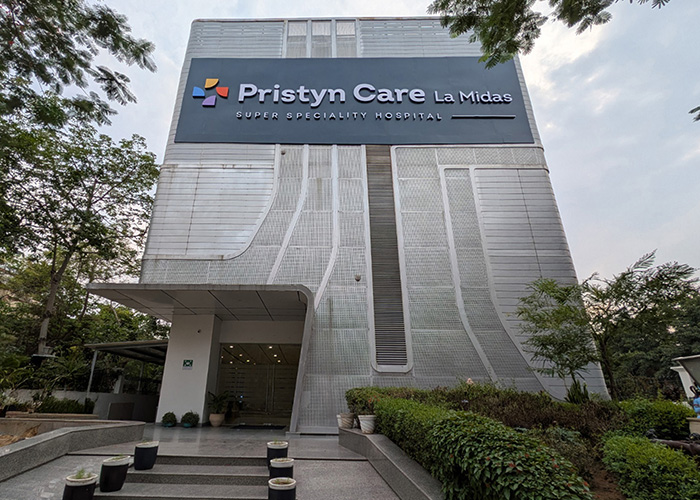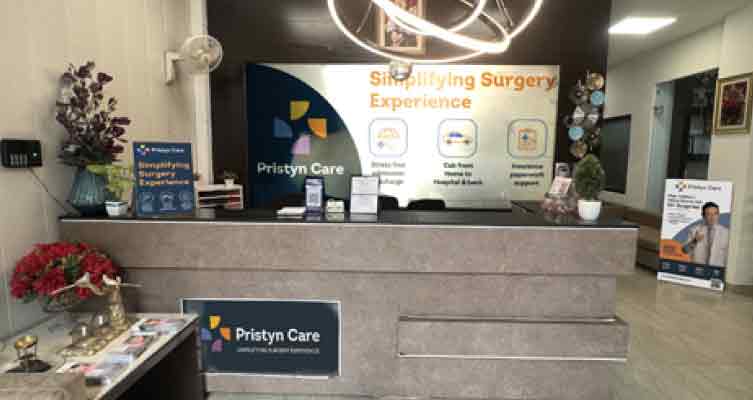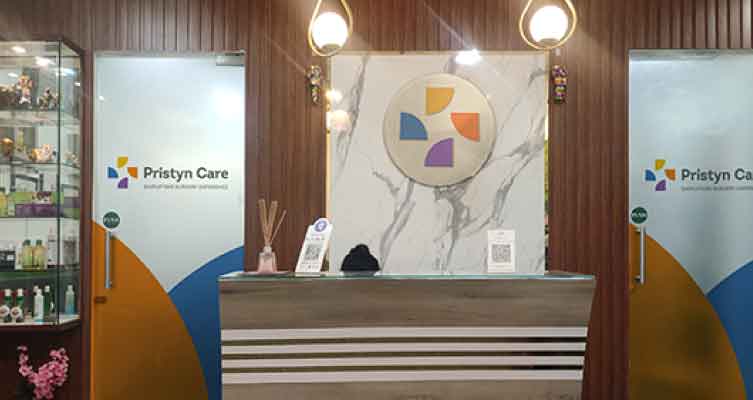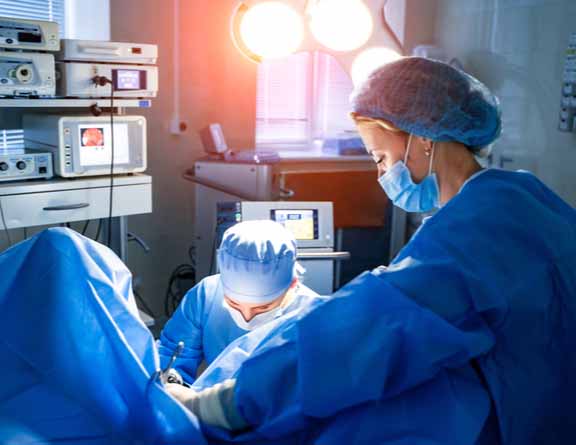
Ghaziabad
USFDA Approved Procedures
Minimally invasive. Minimal pain*.
Insurance Paperwork Support
1 Day Procedure
Pristyncare%20Clinic.webp)





Glaucoma Treatment
Before getting treatment, the patient should get a thorough diagnosis. Diagnosis for glaucoma includes a detailed patient history and imaging test. Common diagnostic tests required for glaucoma are:
Consult the Best Ophthalmologist Near you
At Pristyn Care, we leverage modern USFDA-approved technologies to treat glaucoma in the safest way possible. The methods used for glaucoma treatment include laser trabeculoplasty, cyclophotocoagulation, drainage implants, filtering surgery, and minimally invasive glaucoma surgery.
Pristyn Care has a team of highly experienced ophthalmologists, all of whom are well-trained and specialize in performing all types of glaucoma surgery. Our eye doctors diagnose the patients thoroughly and recommend the most suitable treatment option.
We have a flexible payment system to ensure that patients can choose a convenient mode of payment for glaucoma treatment. We also provide a No-Cost EMI service that divides the treatment cost into smaller monthly installments.
We appoint a care coordinator to all patients who assist them throughout the treatment journey, including doctor consultations, insurance paperwork, hospital formalities, admission, discharge, and post-surgery care.
Glaucoma surgery is very advanced and helps protect vision even in patients with severe glaucoma. However, like most other surgeries, there is still some risk associated with it. Common risks of glaucoma surgery are cataracts, corneal issues, low intraocular pressure, vision loss, etc.
The cost of glaucoma surgery in Ghaziabad ranges from Rs. 35,000 to Rs. 40,000. The cost range is a little arbitrary and can easily vary depending on the severity of the patient’s condition, patient’s eye health, whether they require other treatments, etc.
Yes, glaucoma treatment is covered under most major health insurance policies in Ghaziabad, as it causes irreversible damage to the optic nerve and can lead to permanent vision loss if not treated properly and promptly.
At Pristyn Care eye clinics in Ghaziabad, you can receive advanced glaucoma treatment. Pristyn Care has retina exerts that can provide medical management, laser treatment (selective laser trabeculoplasty or SLT), trabeculectomy (TRAB surgery), and minimally invasive glaucoma surgery (MIGS) like eye stents and valvular surgery for glaucoma management.
Glaucoma surgery is a very effective method of controlling eye pressure and managing glaucoma. However, it does not get rid of glaucoma completely, it merely controls its progression and protects the optic nerve from further damage. It can recur if the patient does not follow proper care and precautions after the surgery.
When it comes to surgical intervention for glaucoma management, no particular surgery can be labeled the best. Your eye doctor will carefully evaluate your symptoms and the severity of the condition to figure out the best treatment option for you.
No, generally, the vision loss caused due to glaucoma is permanent, but in very rare cases, if the patient has other eye problems like cataracts, etc., then surgery can cause a little improvement in vision.
Yes, glaucoma that is present at birth is known as congenital glaucoma and appears with symptoms like bluish and water eyes, along with photophobia (a tendency to avoid light). It is very common in children born from parents with familial relations (cousins and relatives) and needs immediate attention to prevent permanent blindness.
No, glaucoma can’t be completely treated or eliminated. However, its symptoms can be controlled and managed through medicines and surgery.
The recovery period after glaucoma depends on the extent of the condition and the type of surgery. For most patients, the eye pressure normalizes within 1-2 weeks and they can return to light activities such as reading, watching TV, and using other electronic devices like mobile phones, computers, etc. within this time period. Complete recovery takes about 4-6 weeks, but most patients are advised to avoid heavy weightlifting and other strenuous activities for the rest of their lives to prevent eye strain.
Glaucoma is a progressive condition that usually worsens over time. There are various eyedrops and oral medications that can help manage it and help reduce internal eye pressure. However, ultimately the most successful and long-term treatment for glaucoma is surgery.
Although glaucoma surgery can lower eye pressure and help stabilize vision, it does not completely eliminate glaucoma. To ensure that the surgical benefits last for a long time, the patient should follow the following tips:
| Sr.No. | Doctor Name | Ratings | Experience | Address | Book Appointment |
|---|---|---|---|---|---|
| 1 | Dr. Varun Gogia | 5.0 | 18 + Years | 26, National Park Rd, Lajpat Nagar, New Delhi | Book Appointment |
| 2 | Dr. Barkha Gupta | 4.6 | 9 + Years | C-2/390, Pankha Rd, C4 D Block, Janakpuri | Book Appointment |
| 3 | Dr. Deependra Vikram Singh | 5.0 | 28 + Years | Sheetla Hospital,New Railway Rd, Sector 8,Gurugram | Book Appointment |
.svg)
.svg)
.svg)